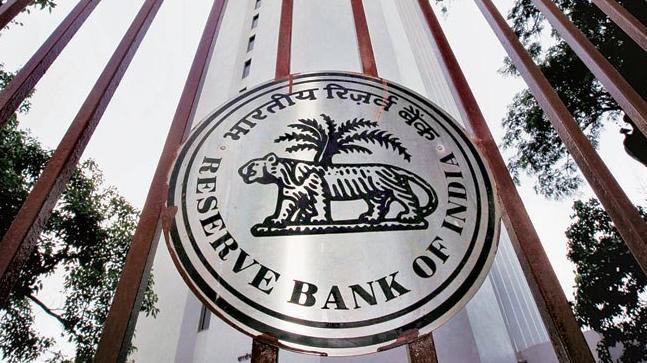
Team News Riveting
Mumbai, August 5
Retaining the growth outlook for the fiscal, the monetary policy committee of Reserve Bank of India (RBI) today decided to increase repo rate, the main lending rates to banks, by 50 basis points to 5.4 per cent with immediate effect.
To contain inflationary pressures, the central bank has so far raised the repo rate by 140 basis points since embarking on a tightening cycle at an unscheduled policy meeting in May this year. The repo rate before the pandemic hit was 5.15 per cent.
The Monetary Policy Committee of the RBI came to this judgement since it felt the need to keep inflation and inflationary expectations under check. “Sustained high inflation could destabilize inflation expectations and harm growth in the medium term”, the RBI Governor Shaktikanta Das said, delivering the Monetary Policy Statement online.
Additional Measures
The Governor announced a series of five additional measures, as given below.
- Encouraging Standalone Primary Dealers to further Develop Financial Markets
Standalone Primary Dealers (SPDs) will now be able to offer all foreign exchange market-making facilities as currently permitted to Category-I Authorized Dealers, subject to prudential guidelines. This will provide customers with a wider set of market makers to manage their foreign currency risk. This will also increase the breadth of the forex market in India.
SPDs will also be permitted to undertake transactions in the offshore Rupee Overnight Indexed Swap market with non-residents and other market makers. This measure will supplement a similar measure announced in February this year for the banks. These measures are expected to remove the segmentation between onshore and offshore OIS markets and improve price discovery.
The measures are being taken, considering the role of SPDs in developing financial markets.
- Managing Risks and Code of Conduct in Outsourcing of Financial Services
There has been an increasing trend of outsourcing of financial services by regulated entities. Considering this, the RBI is going to issue a draft Master Direction on Managing Risks and Code of Conduct in Outsourcing of Financial Services for public comments. This is being done to strengthen the risk management framework and harmonize and consolidate the existing guidelines.
- Bharat Bill Payment System to be open to NRIs as well
The Bharat Bill Payment System (BBPS), an interoperable platform for standardized bill payments, will now be able to accept cross-border inward bill payments. This will thereby enable NRIs as well to use the system to pay their bills for utility, education and other such services, on behalf of their families in India. This will thus greatly benefit senior citizens.
- Credit Information Companies to be brought under Reserve Bank Integrated Ombudsman Scheme (RB-IOS) 2021
To make the RB-IOS more broad-based, Credit Information Companies (CICs) are being brought under the RB-IOS framework. With this, we get a cost-free alternative mechanism for redressal of grievances against Credit Information Companies.
Further, these companies will now need to have their own internal Ombudsman (IO) framework. The Governor informed that this will strengthen the internal grievance redress mechanism by CICs themselves.
- MIBOR Benchmark Committee to be set up
The RBI has decided to set up a committee to undertake an in-depth examination of the issues relating to development and use of interest rate derivatives, including the need for transitioning to an alternative benchmark for Mumbai Interbank Outright Rate, and suggest the way forward. The study is being done in view of recent international efforts to develop alternative benchmark rates.
No change in Growth Projection – 7.2% for 2022-23
The Governor informed that the central bank’s growth projection for the Indian economy remains unchanged, at 7.2% for the current financial year, with Q1 at 16.2 per cent; Q2 at 6.2 per cent; Q3 at 4.1 per cent; and Q4 at 4.0 per cent. Real GDP growth for Q1:2023-24 is projected at 6.7 per cent
On inflation, the Governor explained that monetary policy should persevere further in its stance of withdrawal of accommodation to ensure that inflation moves close to the target of 4.0 per cent over the medium term, while supporting growth. The Governor informed that RBI reiterates its commitment to maintain price and financial stability to place our economy on a sustainable path of growth.



